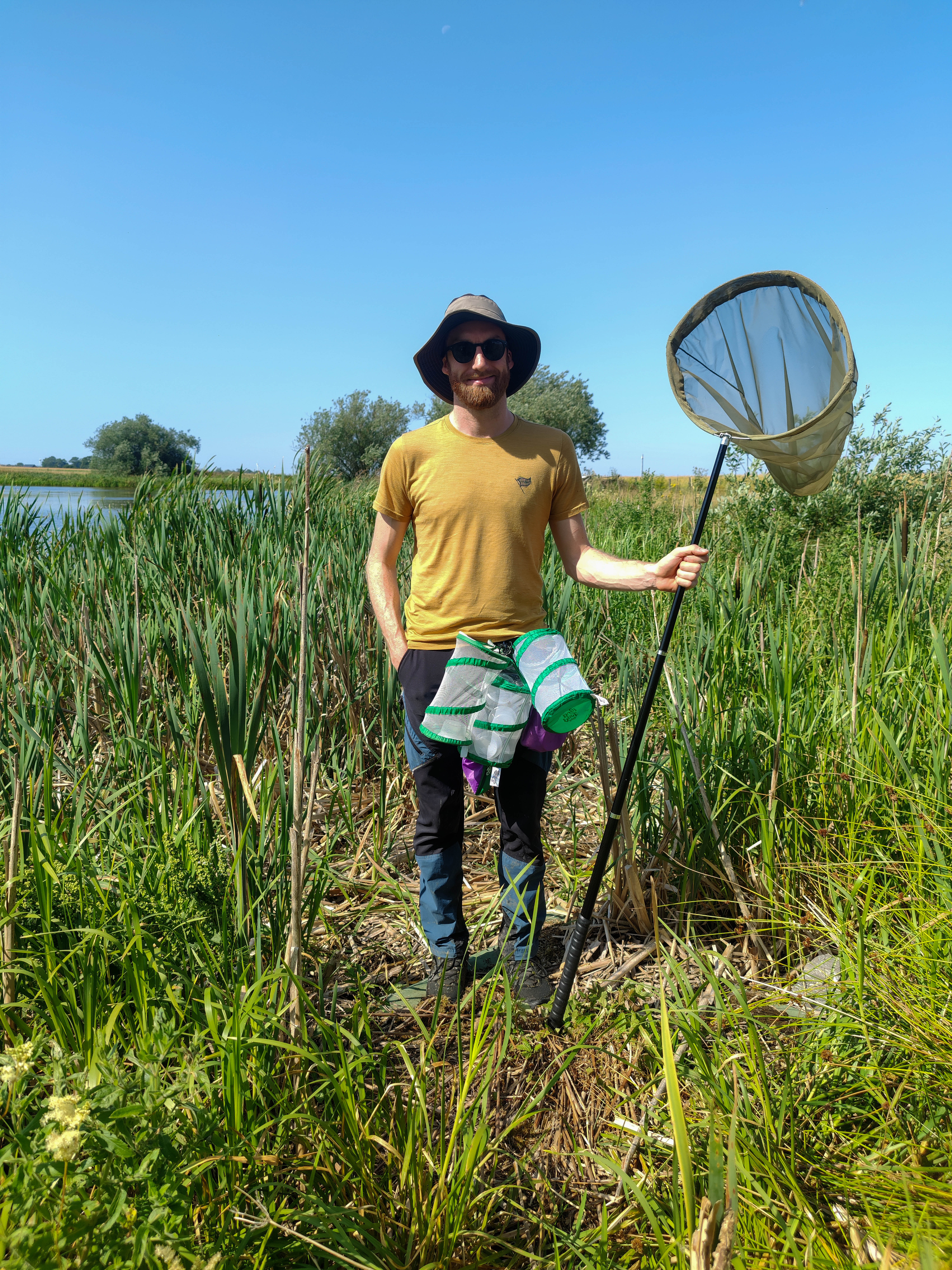my research goals
As an evolutionary ecologist, my goal is to improve our quantitative understanding of the origin and maintenance of phenotypic diversity across various biological levels. My work not only addresses fundamental questions in phenotypic evolution, but also advances methodological frameworks for high-throughput phenotyping. Specifically, I use and develop computational tools and pipelines that make use of artificial intelligence (AI) and computer vision (CV) to extract high-dimensional phenotypic data. I have applied these methods across diverse biological systems, including crustaceans, insects, and aquatic plants, using both field and laboratory settings as well as natural history collections to study ecological and evolutionary processes.
projects
ONGOING
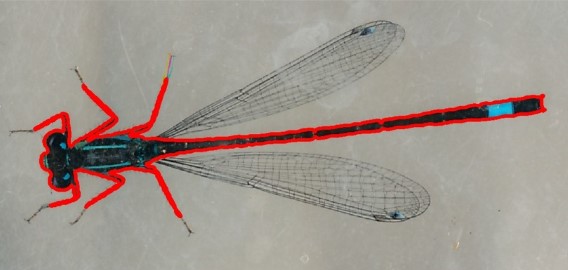
Phenomics of sexual conflict in Ischnura elegans
Here I am investigating correlational selection on colouration and morphology in a female limited sexual polymorphism of the common bluetail damselfly (Ischnura elegans) in Southern Sweden.
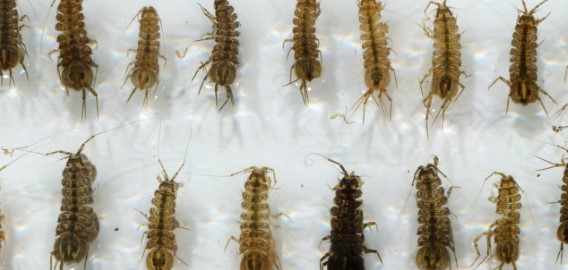
Isopod pigmentation:
development, plasticity, crypsis
In a series of in- and outdoor experiments I explore how selection and diet-based developmental plasticity affects pigmentation and body size in the freshwater isopod Asellus aquaticus.
COMPLETED
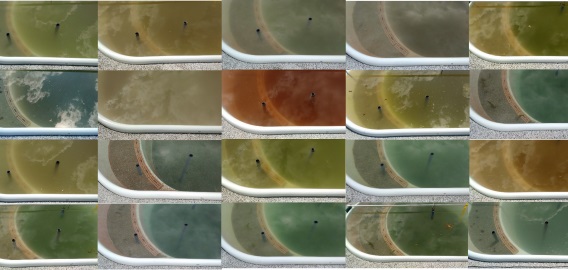
Determinants of temporal variation in aquatic ecosystems
In a series of large scale outdoor experiments we quantified ecosystem effects in various ecological contexts using cutting-edge autonomous high frequency sensor technology.
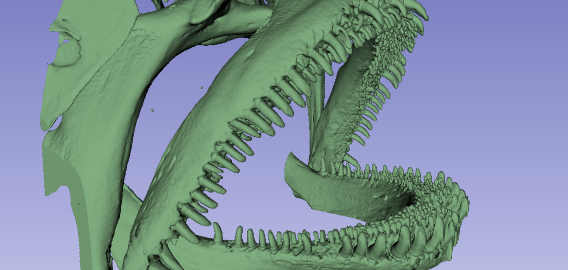
Trophic diversification of Lake Victoria Cichlids
Reconstructing the evolutionary history of trophic diversification in Lake Victoria cichlids by mapping fossil teeth onto teeth from contemporary trophic guilds using 2D and 3D images.
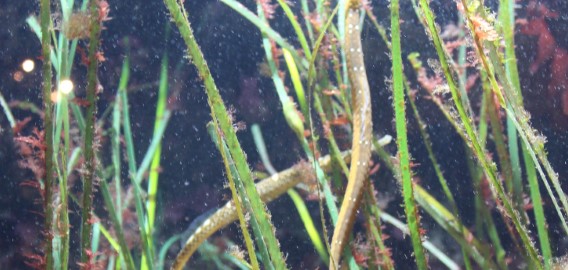
Seagrass mesograzer microhabitat choice under predation pressure
My master's thesis on drivers of community composition in seagrass mesograzers, where microhabitat choices remain consisten across multiple predator and competitor contexts
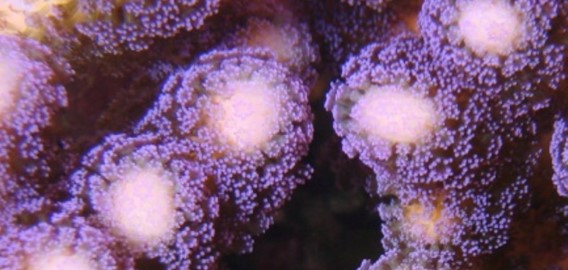
Ecophysiology of tropical corals experiencing multiple stressors
Although it is recognized that temperature and the carbonate system of a coral reef can change rapidly and with great amplitude, little is known about how this may affect the metabolism and productivity of stone corals.
